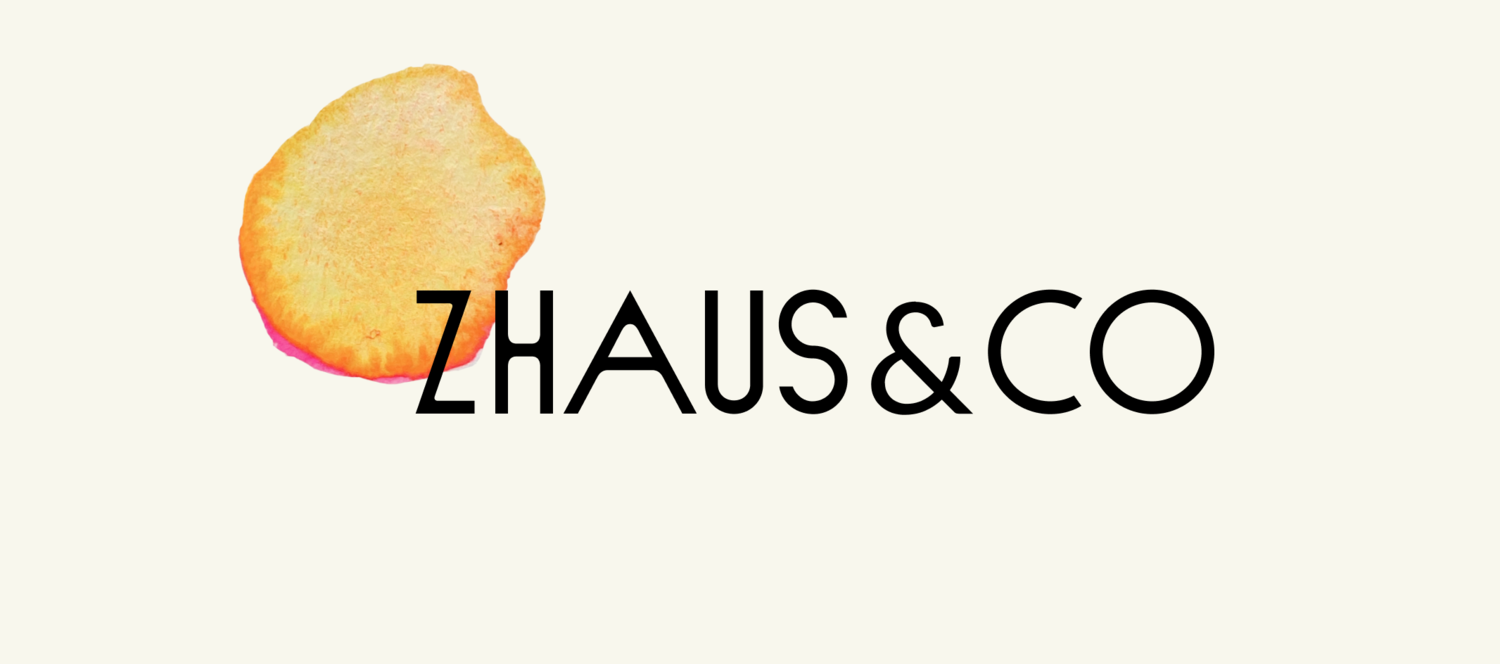Case Study
Tinkergarten
Pivoting in the pandemic
Context
Tinkergarten helps families get outside to make the most of their kids’ early learning years.
Designed by education experts and loved by busy families throughout the United States, their play-based outdoor curriculum guides parents in raising healthy, confident, and capable kids. Through instructor-led and do-it-yourself programming that spans all four seasons, Tinkergarten makes purposeful outdoor play doable for every family—rain or shine.
Challenge
Inform a pivot from in-person classes to remote.
In March 2020, the COVID-19 shelter in place began, and Tinkergarten began exploring how to support families through an experiment called Tinkergarten At Home.
The purpose of this research was to update our understanding about the Tinkergarten market post-covid and the BLM movement, and gather intelligence around the problem/solution fit to develop Tinkergarten at Home into a mature product.
Approach
Get a 360º understanding of how things have changed for families, and targeted learning about what remote programs work.
We sought to learn from parents in the target market with various levels of engagement with current products; including those who have never encountered the products at all.
Clarify learning goals to frame product strategy and development.
We worked with the leadership at Tinkergarten to clarify three key goals we wanted to learn about to update our understanding of the market and position a product for the new environment families were facing.
What are the habits and values of parents in the Tinkergarten market, and how have they shifted post–covid?
What are TAH’s target market characteristics and pain points? In what ways are parents currently solving these problems – what’s working and what’s not?
What other addressable opportunities can we learn about from lackluster customer engagement?
Conduct remote research.
The learning goals were broken down into specific questions we wanted to answer. We designed the events we needed to answer them and the script questions which would elicit responses, including focus group discussions, live anonymous polling, and 1:1 in-depth interviews where participants showed us other products they were using to meet their needs.
All research was conducted remotely over 2 weeks in July 2020 - including two virtual focus groups and twelve 1-hour interviews.
Two virtual focus groups were conducted with parents in the target market.
Real-time anonymous polls were used to gather sensitive information in focus groups.
Key Findings
The right online experience can create a sense of connection.
This is where families are feeling the pain the most; however, although most remote programs fail, some really work – we analyzed and reported on the key traits of those that succeed.
Kids’ sense of individual empowerment has been diminished.
Having mom home and spending so much time on screen, together are diminishing kid’s growing sense of independence; this is an addressable issue.
Remote is a different medium than offline.
Positioning a remote solution not only needs to be thought about completely differently, but positioned completely differently - it’s not about moving an in-person experience online.
Outcome
Roadmap clarification informed a pivot within four weeks.
Within 4 weeks of kick off, the findings were delivered and informed a product pivot. Tinkergarten opted to double down on their online circle time, increasing online engagement by 30% since the pandemic began.
“Michelle guides and listens carefully to understand people and their motivations. Her research helped us understand our consumers beyond surveys and user data, informed our new product development, and shifted some decisions that are now paying off.”
— Brian Fitzgerald, CEO, Tinkergarten





